'Sharp rise' in parental fines for term-time holidays
- Published

The government says regularly missing lessons can harm pupils' chances of getting good qualifications
The number of parental fines in England for children's poor school attendance has risen sharply since the government ban on term-time holidays was introduced, BBC research suggests.
Almost 64,000 fines have been issued since the law changed in September 2013, a rise of about 70%, according to local authority data.
More than three-quarters of councils, 118, responded to a BBC survey.
Schools minister Nick Gibb said fewer pupils were now missing lessons.
'Block ban'
The ban has drawn opposition from parents, with hundreds of thousands signing petitions against the new rules and calling for the government to take action against holiday companies who raise their prices at peak times.
Parents are fined £60 per parent per child per period of absence, which rises to £120 if not paid within 21 days.
Campaigner Stewart Sutherland was himself fined for taking his three children out of school for five days.
Mr Sutherland told BBC News that he and his wife work shifts and find it difficult to get time off.
"Once the regulations came into force it became just a block ban, rather than schools and local councils considering each case individually.
"It's now becoming the case that family holidays are just for the rich because so many working people either can't afford it or can't get the time off outside school terms.
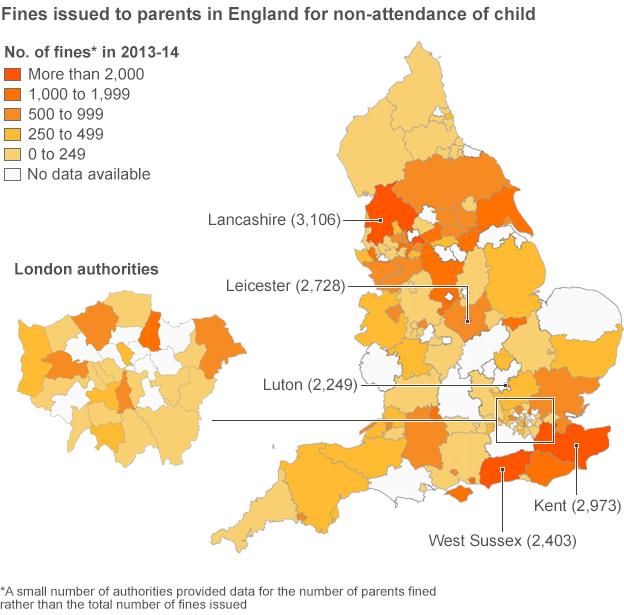
"Family holidays are just as important to children as school. A happy child will get their work done better.
"This shouldn't be treated the same as persistent truancy."
BBC researchers contacted all 152 councils in England and received full responses from 118 - 78% of the total.
Overall the figures suggest that in England parents received at least 63,837 fines in the academic year to July 2014, compared with 37,650 fines in the previous 12 months.
Alex Forsyth asks parents if fines would deter them from taking their children on holiday
The number of fines appears to have been highest in Lancashire, with 3,106 over the year - up from 1,125 the year before.
In Kent, there were 2,973 fines in the year to July, but the rise was less steep, up from 2,868 in 2012-13.
'Exceptional' circumstances
Some fines will have been for truancy or repeated poor attendance, but most were for parents who took children on holiday during term time.
From last September new regulations have meant that school heads can no longer grant 10 days' holiday "in special circumstances".
However, they can still allow extended leave for more than 10 school days "in exceptional circumstances".
But these absences are subject to strict rules, with heads expected to determine in advance the exact number of days a pupil may have away from school.
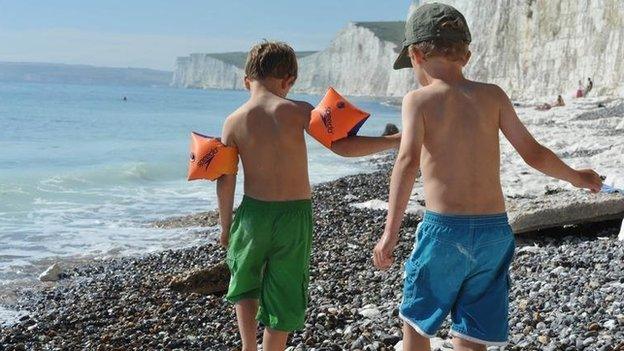
Going away during school holidays can cost four times as much as during a term
Some councils said the steep rise was because they did not impose fines at all before the new legislation.
Others, for example Slough, say their attendance figures have improved in line with an increase in penalty fines.
Slough issued 938 fines last year, compared with 513 in 2012-13.
A spokesman said: "The improvement in attendance in Slough in recent years coincides with an increase in the number of fixed-penalty notices issued and attendance figures for 13-14 are likely to show further improvement compared to 12-13."
'New freedom'
Mr Gibb said the government's stance was based on research showing regularly missing lessons can damage pupils' chances of achieving good qualifications.
"This government has been determined to close the attainment gap between those from poorer and wealthier backgrounds. Improving attendance is key to delivering that objective.
"When the government came to office, the number of children missing school regularly was far too high.
"As a result of the changes we have implemented, 130,000 fewer pupils are regularly missing lessons, which means 130,000 more pupils getting the chance of a good education that prepares them for life in modern Britain.
"We do understand the concerns of parents, however, and are introducing new rules to give all schools the power to choose their own term dates.
"One benefit of this may be that teachers, pupils and parents are able to take holidays outside of current peak periods. We hope parents and schools will make good use of this new freedom."
- Published18 July 2014
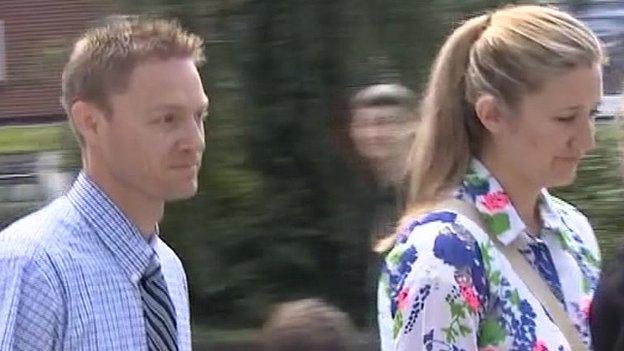
- Published13 July 2014
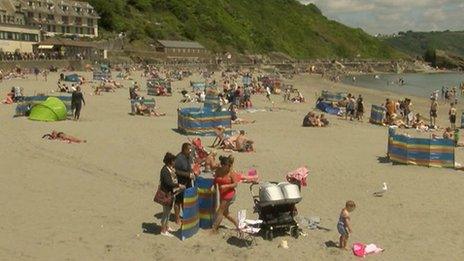
- Published9 July 2014
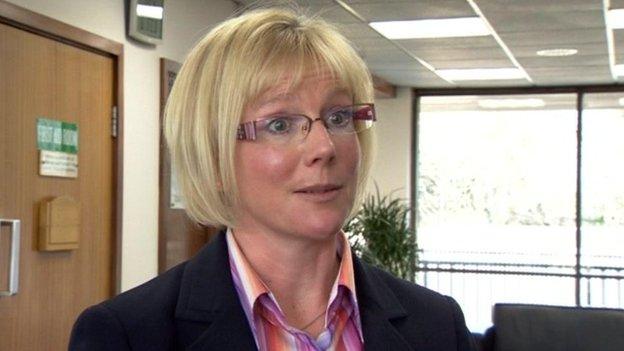
- Published23 June 2014

- Published23 April 2014
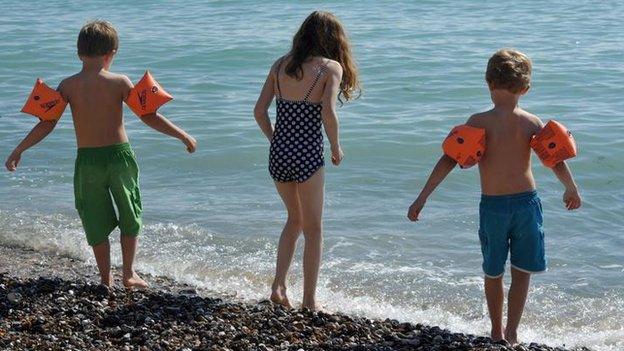
- Published30 October 2013

- Published2 October 2013
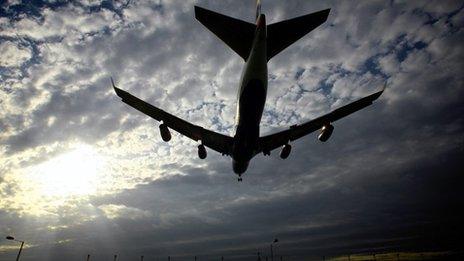
- Published3 July 2013
